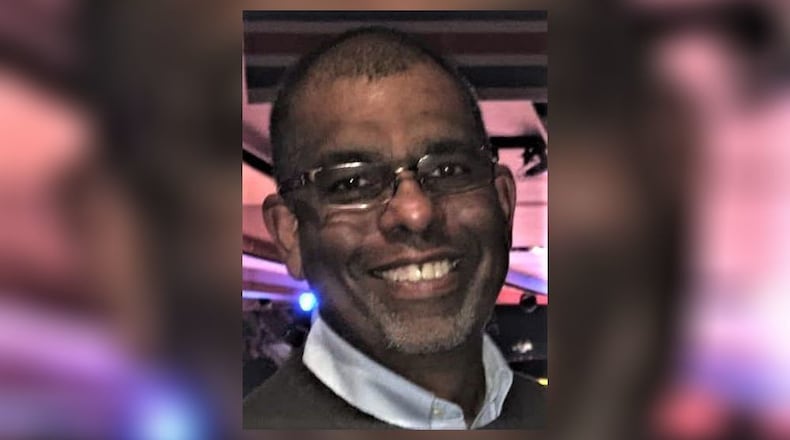At its core, racism is about one group having power over another, grounded in feelings of superiority based on several factors, including race and class.
In America, we focus on our shameful past, which includes enslaving humans, killing indigenous people on torturous marches, and anti-immigrant racism of the early 20th century.
We discuss the racism of white people since Black people face more racial hate, by a wide margin, than any other group.
That’s one truth that obscures another. Every day, Black people tear each other apart with hate. Society calls it black-on-black crime, an insidious phrase with its own racist connotation. “Since it only happens to ‘those’ people in ‘their’ neighborhood, so be it. Let them slaughter each other.”
Society’s focus on guns and violence in Black neighborhoods misses a larger point. These are Black people killing their neighbors because of who they are — Black people.
The power dynamic rages in these neighborhoods. A bigger gun and larger cache of weapons scream power. These folks use the “n” word as if it were a church greeting. Instead, it’s a demeaning noun that devalues another person and makes them “less than.” It makes it easier to pull the trigger.
Look at Dayton, Springfield, Hamilton, or any city with a poor, Black population. These shootings or other acts of violence have become so commonplace that they don’t warrant news coverage in many cases.
Don’t interpret this as shifting the blame to Black people. That’s not the case. We know that white people still hold the most economic power, whether as company executives, supervisors, or hiring managers. In many cases, they determine the future of people of color with decisions on promotions and pay that influence how they live.
But I’m also not absolving Black people of their sins. Some congregants of Black churches, for example, resist integration. There’s a divide between Black people who question whether their brothers and sisters are Black enough. I’ve found myself appalled by some of the racist sentiments I’ve heard at family cookouts.
Tyre Nichols’ death lays this racism bare and shows white people haven’t cornered the market on hate. Video shows five men of the same color, now changed with second-degree murder, beating this man for reasons no one understands. They didn’t see Nichols as a human being, man, or brother. They saw him as someone “less than,” who deserved to feel the power of their fists and batons.
Officials in Memphis, where Nichols died, said maybe we can learn from this incident. What do you learn while men hold out the victim’s arms so he can be repeatedly thrashed?
Instead of learning, let’s shift. Yes, we do need to pay attention to policing wrongs. But we also need to find out why our Black neighborhoods have become filled with racism’s power and why people view others as “less than.”
That’s a difficult discussion to have. Trying to address the issue of racism in the Black community is like trying to hold on to a firecracker for too long — it’ll just blow up in your face.
But I’m willing to try because no violence reduction program will work if we don’t tackle the power/racism problem in the Black community.
Ray Marcano’s column appears each Sunday on these pages. He can be reached at raymarcanoddn@gmail.com
About the Author
